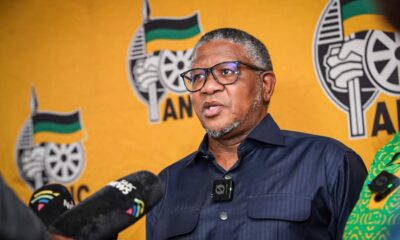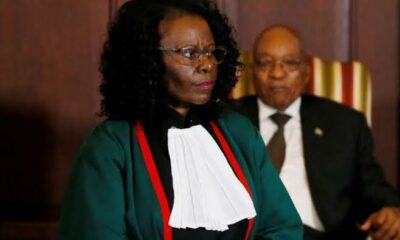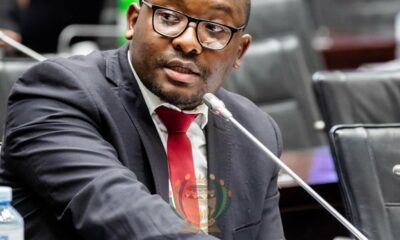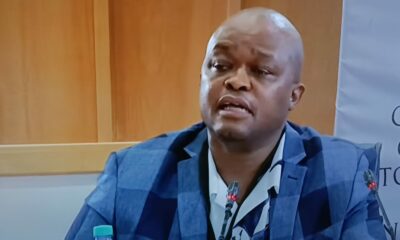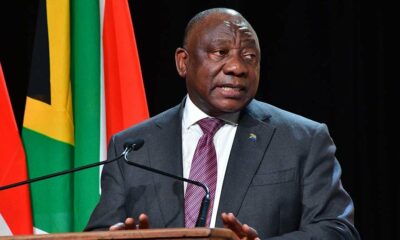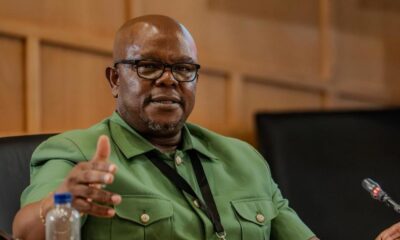News
Ramaphosa’s Absence at Mabuza Burial Raises Eyebrows and Questions
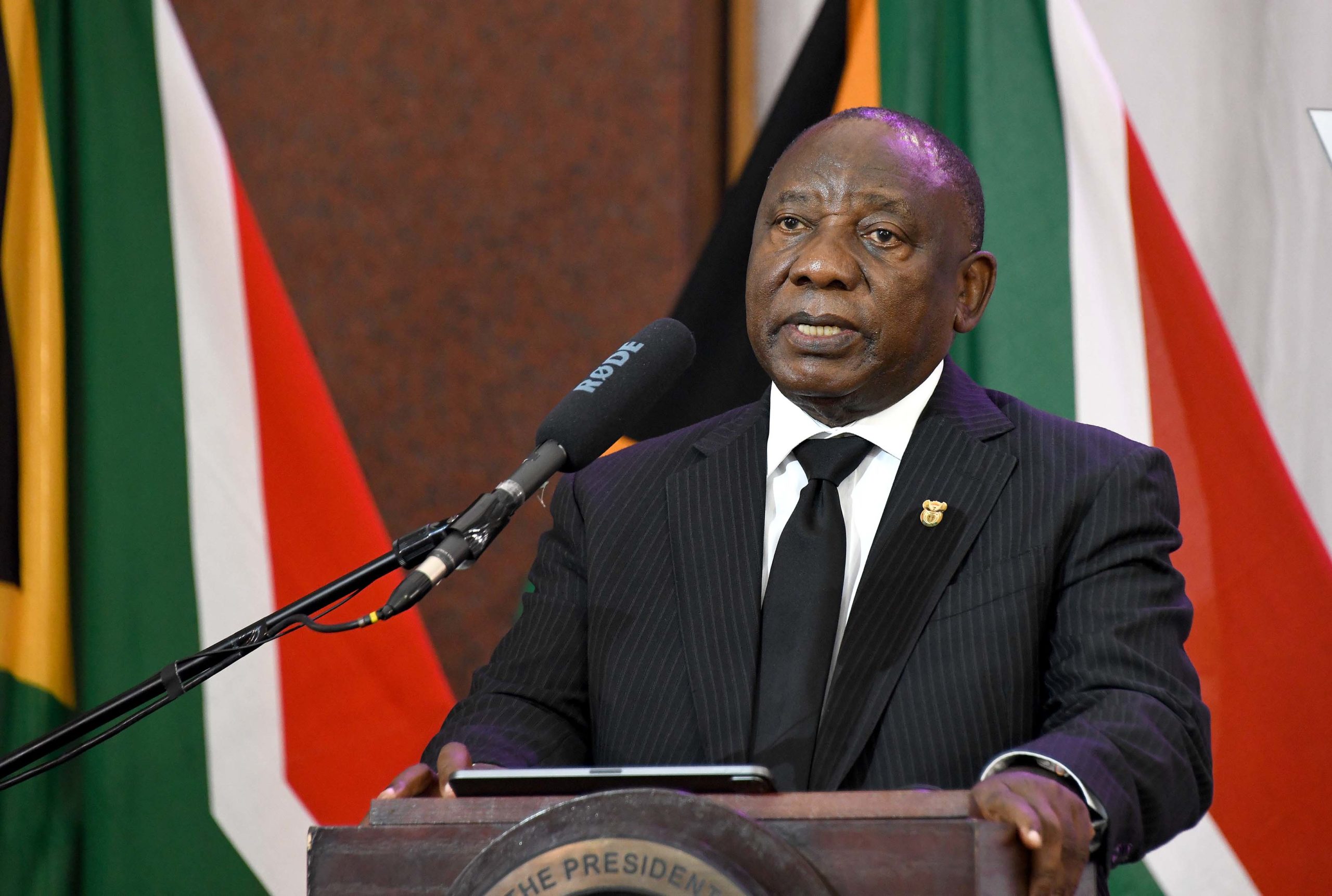
Did the President’s no-show reveal deeper political tensions?
President Cyril Ramaphosa’s decision to skip the burial of former Deputy President David Mabuza has stirred a political storm, with analysts and citizens alike questioning whether it was more than just a scheduling issue.
Mabuza, affectionately known as “The Cat” for his political survival skills, passed away at the age of 64 after a short illness. While the funeral service in Barberton, Mpumalanga, was conducted with full honours, including both ANC and military tributes, it was Ramaphosa’s conspicuous absence at the gravesite that raised serious questions about the true nature of his relationship with his late deputy.
Public praise, private distance?
During the formal state funeral, Ramaphosa described Mabuza as “reliable, dignified, and an excellent deputy.” He commended his quiet diligence and loyalty to the African National Congress (ANC), sentiments that were echoed by other party leaders.
But according to political analyst Ntsikelelo Breakfast, these glowing words were not aligned with Ramaphosa’s actual conduct.
“Ramaphosa did not paint an honest picture of his relationship with Mabuza. He never had the support of Ramaphosa’s faction. He was not given prominent tasks to shine,” said Breakfast. “Why would Mabuza leave office before his term ended?”
Indeed, Mabuza stepped down before the end of his term, shortly after the ANC’s 2022 elective conference, a move that many believe was the result of being politically sidelined by Ramaphosa’s faction.
Family, politics and protocol
The official line is that the burial was private, and that Ramaphosa and ANC top brass had “other engagements.” ANC spokesperson Mahlengi Bhengu-Motsiri insisted that it was at the family’s request that the gravesite portion be limited.
But others see it differently.
“It’s very strange for a sitting president to leave before the coffin is lowered into the grave,” said Breakfast. “It’s highly unusual.”
According to the family’s spokesperson, Desmond Moela, Ramaphosa and senior ANC leaders were formally invited but sent apologies due to “other engagements.”
Once allies, now apart
Ramaphosa and Mabuza’s relationship dates back to the 2017 ANC conference, where Mabuza played kingmaker, mobilising Mpumalanga votes in a move that handed Ramaphosa the presidency over Nkosazana Dlamini-Zuma.
But by the end of Mabuza’s term, their once-promising political alliance appeared frayed. Mabuza had become increasingly invisible in major government affairs, and speculation of a rift deepened.
Even at his funeral, Deputy President Paul Mashatile, not Ramaphosa, handed the national flag to Mabuza’s widow, a symbolic gesture that normally falls to the head of state.
Analysts divided on the meaning
Political analyst Professor Sipho Seepe sided with the ANC’s explanation, stating that Ramaphosa’s absence was in line with the family’s wishes for a private burial. Professor Siphamandla Zondi echoed this, warning against politicising what might simply be a cultural or family decision.
But for many observers, especially on social media, Ramaphosa’s absence felt deliberate.
“You can give all the explanations in the world, but people remember who showed up in moments of grief,” one X (formerly Twitter) user commented. “You don’t skip a deputy’s burial. Period.”
Public trust and political optics
In South African politics, symbolism matters. When a president chooses not to attend a comrade’s final farewell, especially one who helped elevate him to power, it doesn’t go unnoticed.
Whether Ramaphosa’s absence was driven by scheduling conflicts, personal discomfort, or deep political tension, the message was loud: not all was well between the President and his late deputy.
And in a political culture built on loyalty, alliances, and public appearances, what isn’t said or done, often speaks the loudest.
{Source: IOL}
Follow Joburg ETC on Facebook, Twitter , TikTok and Instagram
For more News in Johannesburg, visit joburgetc.com

